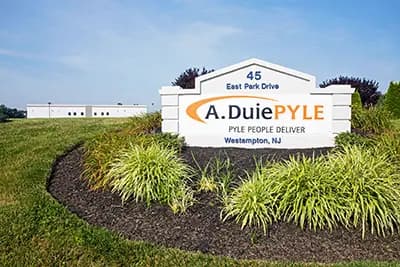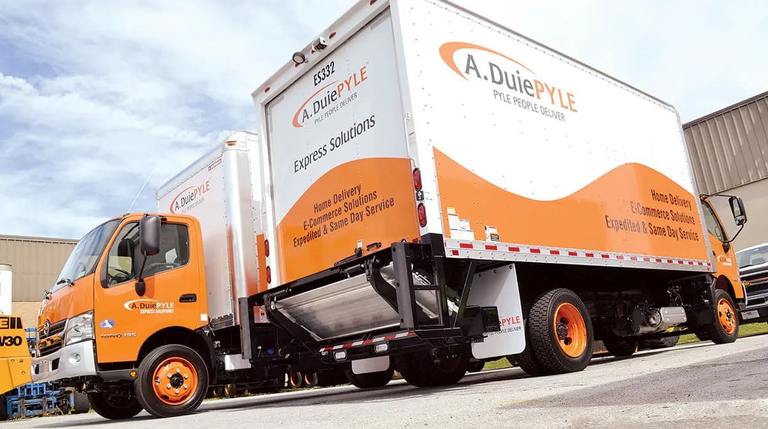
Urban Delivery Is Getting Tougher for Shippers and Carriers
The supply chain has come under a great deal of scrutiny lately due to bottlenecks keeping cargo on ships offshore, preventing many products from reaching store shelves. This has been an ongoing challenge, and in recent months, the time to offload cargo has only grown. While ports face the challenge of unloading the ships, the on-land challenge becomes moving those container shipments to their proper destinations — a problem that has only been exacerbated by the driver shortage in recent years.
Once products make it off the ships and onto trucks, perhaps one of the most challenging aspects is navigating supply chain complexities to ensure products reach customers. In a country as vast as the U.S., where millions of people populate compact cities, the complexities are only multiplied. As the pandemic forced shippers and logistics providers to adapt to supply chain disruptions, the rise of e-commerce accelerated, causing a spike in the need for less-than-truckload (LTL) services. This consumer demand is driving freight companies, specifically LTL carriers, into densely populated cities to an even greater degree.
You May Like

Regional LTL Carrier Award Adds to Pyle’s Haul of Honors
For the second year in a row, A. Duie Pyle, a provider of asset- and non-asset-based supply chain solutions, was named as a Platinum Regional LTL Carrier by Echo Global Logistics, a provider of technology-enabled

A. Duie Pyle to Open Three Locations in Virginia
A. Duie Pyle Inc. is opening three new facilities as part of an effort to expand its services into Virginia, the company announced March 15. The West Chester, Pa.-based provider of asset- and non-asset-based supply